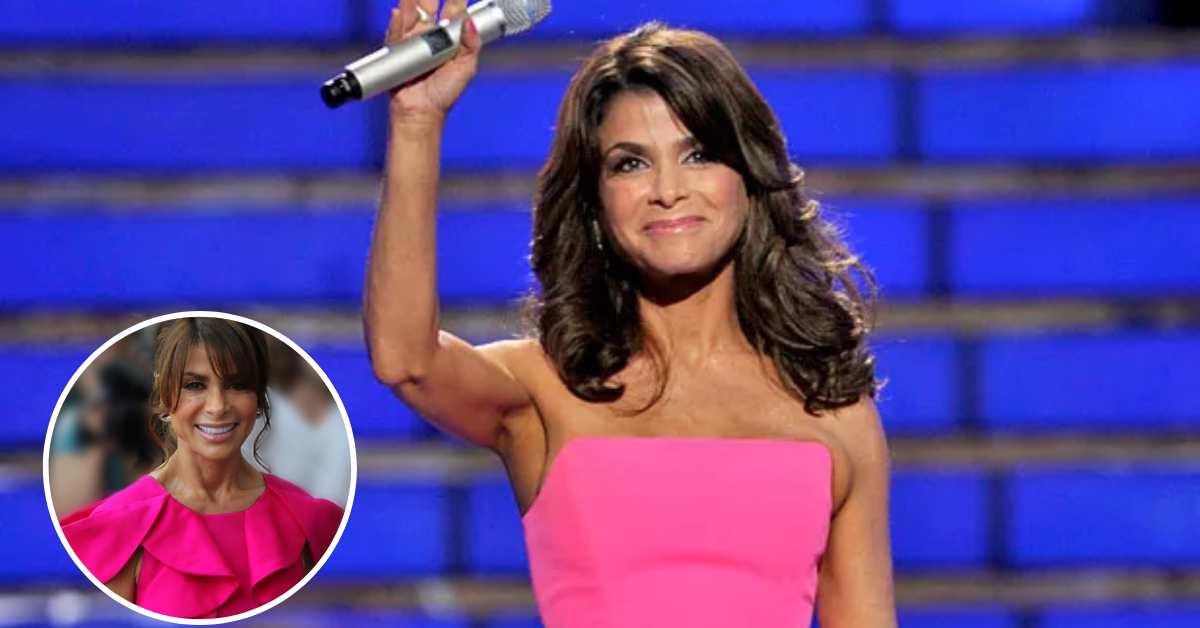In a shocking turn of events, Paula Abdul, the renowned singer and reality show judge, has come forward with disturbing allegations against Nigel Lythgoe, the executive producer of “American Idol” and “So You Think You Can Dance.” Abdul filed a lawsuit last Friday, claiming she was s*xually assaulted twice by Lythgoe, allegations vehemently denied by the producer.
Abdul’s journey to fame began in the late 80s, but her recent legal action centers on events that unfolded during the early seasons of “American Idol.” In a harrowing account detailed in the lawsuit, Abdul alleges that Lythgoe s*xually assaulted her in an elevator, leaving her traumatized. The incident allegedly involved unwanted advances, groping, and an invasive kiss, prompting Abdul to escape as soon as the elevator doors opened.
Years later, their paths crossed again when Abdul served as a judge on “So You Think You Can Dance.” Lythgoe invited her to his home under the guise of a professional dinner. However, the encounter took a disturbing turn as he allegedly forced himself on her, making inappropriate advances and suggesting they become a “power couple.” Once again, Abdul courageously pushed him away and left his residence.
The lawsuit doesn’t stop at allegations of physical assault. Abdul also claims she endured verbal harassment and bullying from Lythgoe, alleging discrimination and pay disparity compared to her male counterparts on “American Idol.” She further asserts that the show’s editing intentionally portrayed her negatively.
Additionally, you might be interested in perusing some of our other recent articles:
- Who is David Bromstad Husband? A Portrait of Love with Jeffrey Glasko!
- Tom Wilkinson Dies at 75: What Legacy Does the ‘Full Monty’ Star Leave Behind?
The shocking accusations don’t end there. Abdul alleges witnessing Lythgoe s*xually assault one of her assistants in 2015, a deeply disturbing event that adds weight to her claims. The lawsuit paints a grim picture of an industry where such behavior is not only tolerated but also covered up, perpetuating a culture of silence.
Abdul’s decision to speak out after years of silence is rooted in a fear of reprisal and industry dynamics that protect powerful figures. The lawsuit reveals that she signed non-disclosure agreements as part of her employment, preventing her from divulging confidential or derogatory information about her experiences.
This legal battle is framed within the context of California’s S*xual Abuse and Cover-Up Accountability Act, allowing Abdul to file the lawsuit within a one-year window despite the statute of limitations. The deadline for such claims is December 31, underscoring the urgency and significance of her decision to come forward.
In a surprising twist, the lawsuit also implicates major production companies—19 Entertainment, FremantleMedia North America, American Idol Productions, and Dance Nation Productions—accusing them of failing to discipline Lythgoe and shielding him from accountability.
The accusations against Lythgoe, despite his denial, have ignited a conversation about the pervasive issues of s*xual assault, harassment, and power dynamics within the entertainment industry. As Paula Abdul bravely steps into the spotlight with her truth, the world watches closely, pondering the broader implications for a sector grappling with its own demons.
